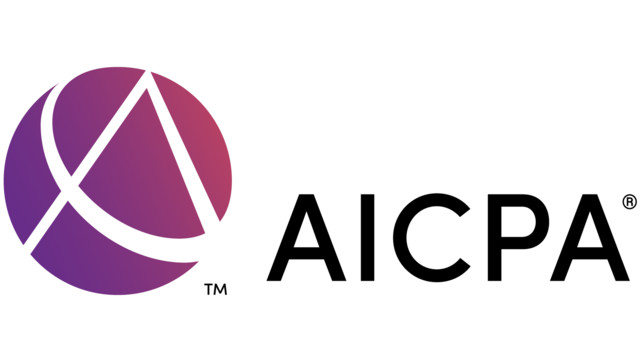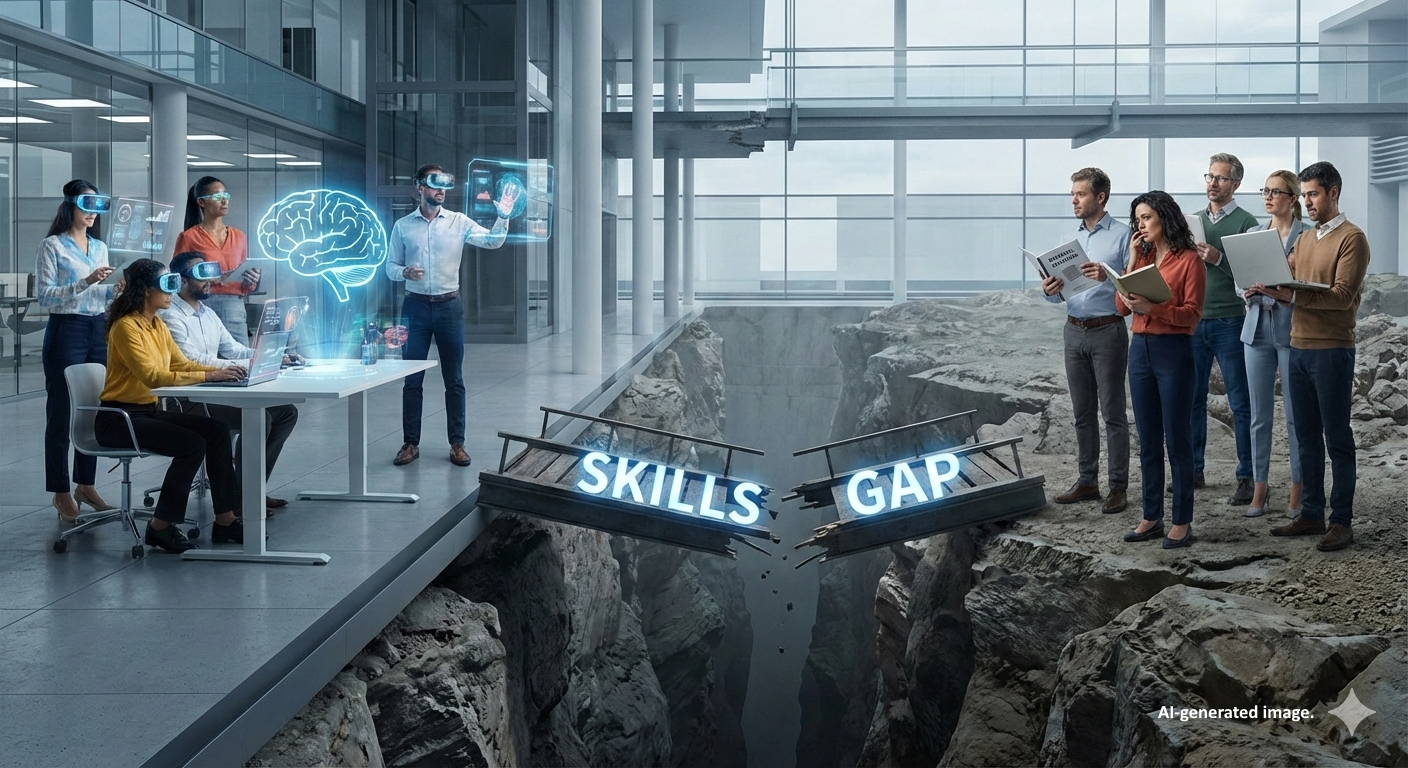The past year has been a defining time for CPAs and management accountants in their roles as trusted advisors to businesses large and small, with the profession proving its ability to adapt and thrive amid disruption and adversity, senior leaders of the Association of International Certified Professional Accountants (AICPA & CIMA) said during a keynote presentation at the AICPA & CIMA ENGAGE conference.
That resiliency will be needed going forward, with more changes to come from technological disruption, expanded categories of non-financial reporting, and the rapid evolution of new service lines and business opportunities, Association CEO Barry Melancon, CPA, CGMA, said during the panel session at ENGAGE, one of the leading events dedicated to accounting and finance. Clients and employers are also facing increased complexity on several fronts, many heightened by the pandemic, and they’re looking for the profession to solve it for them.
“It’s hard to argue with the notion that we are in a world reimagined,” Melancon said, adding that the profession is nevertheless well positioned to capitalize on opportunities tied to change.
Some of the key topics discussed during the session included:
Digital Transformation. The shift to remote work due to the COVID-19 pandemic accelerated uptake rates for cloud solutions and related technology. Client advisory services (CAS) practices that embraced the cloud before the pandemic fared well during workplace shutdowns, and many firms showed great creativity in areas such as remote auditing that can have application in the post-pandemic world. “I do think we have to stop thinking of technology as a cost and more as a strategic investment,” said Sue Coffey, CPA, CGMA, the Association’s CEO of public accounting.
The leap forward that many firms and employers had to take on technology upgrades due to the pandemic sets the profession up well for the next level of changes involving artificial intelligence, particularly machine learning, panelists said. This will be manifested in such initiatives as the Dynamic Audit Solution, an AICPA and CPA.com effort that is transforming the way audits are performed.
Business Model Evolution. One of the great successes of the profession over the past 18 months was its work in small business relief, and it can have an enduring impact for clients as firms deepen new relationships with lenders, particularly the fintech sector, said Erik Asgeirsson, president and CEO of CPA.com. The Association’s leaders also noted growth in CAS and other advisory services, as well as emerging areas of non-financial reporting bearing on sustainability, data integrity and supply chains, among others. “Making sense of a changing world – I don’t think anyone does that better than a CPA,” said Bill Pirolli, CPA, CFF, PFS, CGMA, the chair of the American Institute of CPAs.
Focus on Talent. Ensuring a robust pipeline of new CPAs and Chartered Global Management Accountants (CGMAs) and promoting diversity and inclusion are critical, panelists said. “As a profession, we need to look more like the clients we serve and we all need to be part of that solution,” Coffey said.
Melancon said students are choosing career paths earlier, so it’s essential to make the case for an accounting career before students get to college. That means firms should be showing up at career days and other events to talk up the profession. “We need to be in every high school in the country,” he said.
To ensure newly licensed CPAs have the skills and competencies required today and into the future, the AICPA is collaborating with the National Association of State Boards of Accountancy to update the CPA licensure model. A new exam for the model, called CPA Evolution, is expected in early 2024
ENGAGE continues through tomorrow. To learn more, visit aicpaengage.com.
Thanks for reading CPA Practice Advisor!
Subscribe Already registered? Log In
Need more information? Read the FAQs
Tags: Artificial Intelligence




